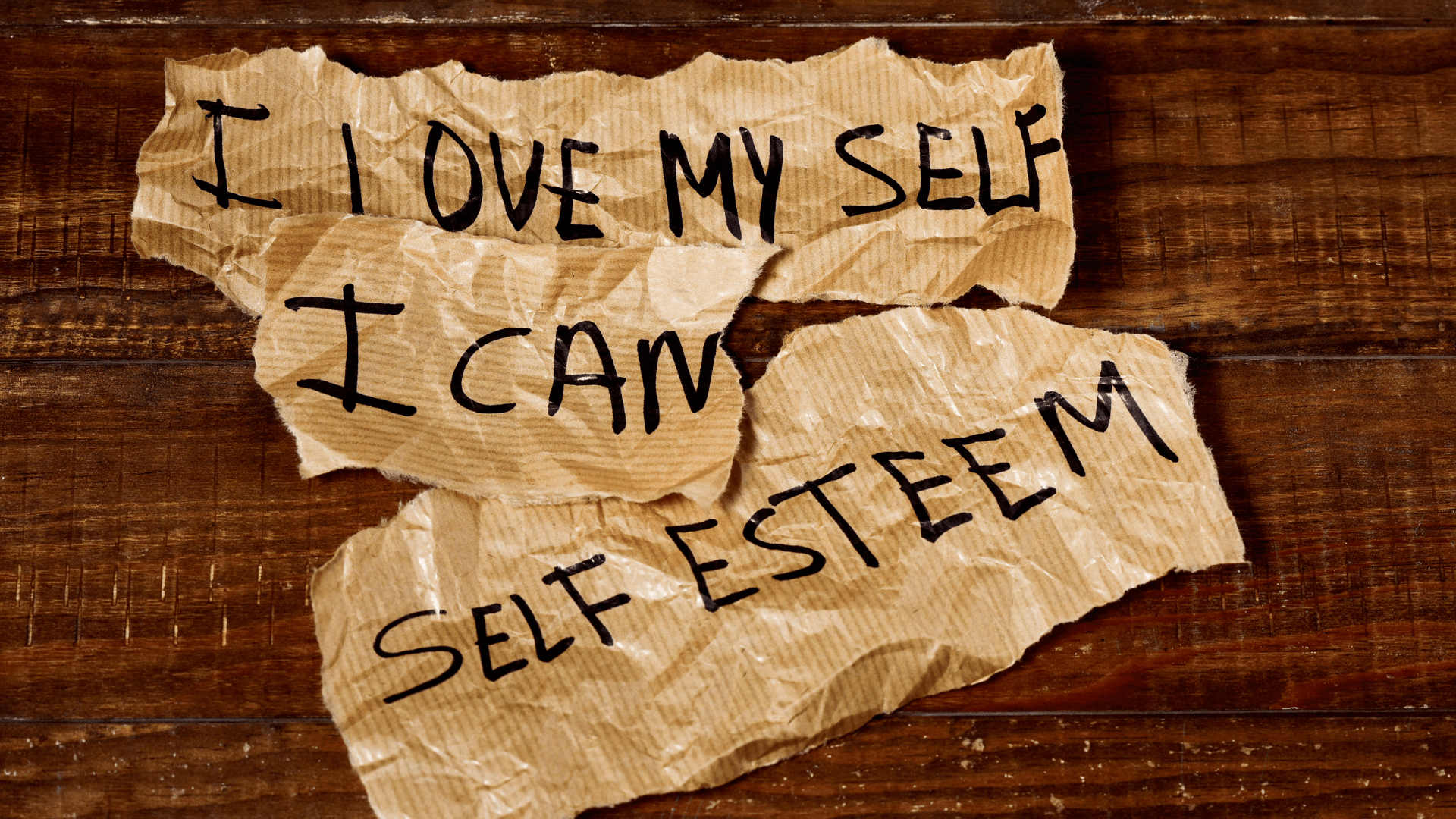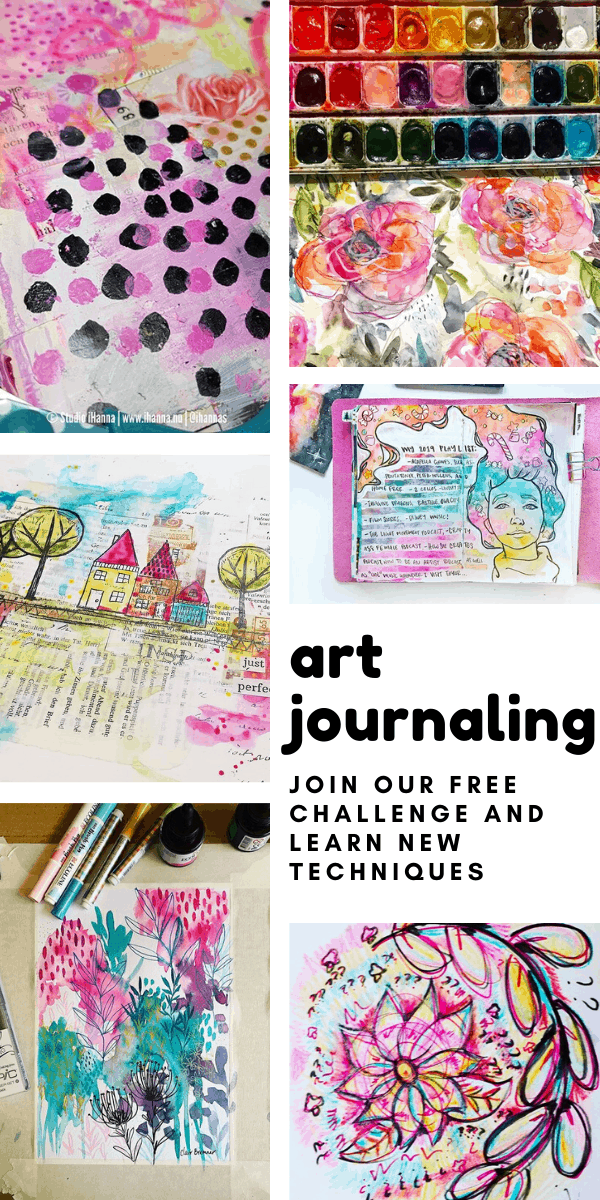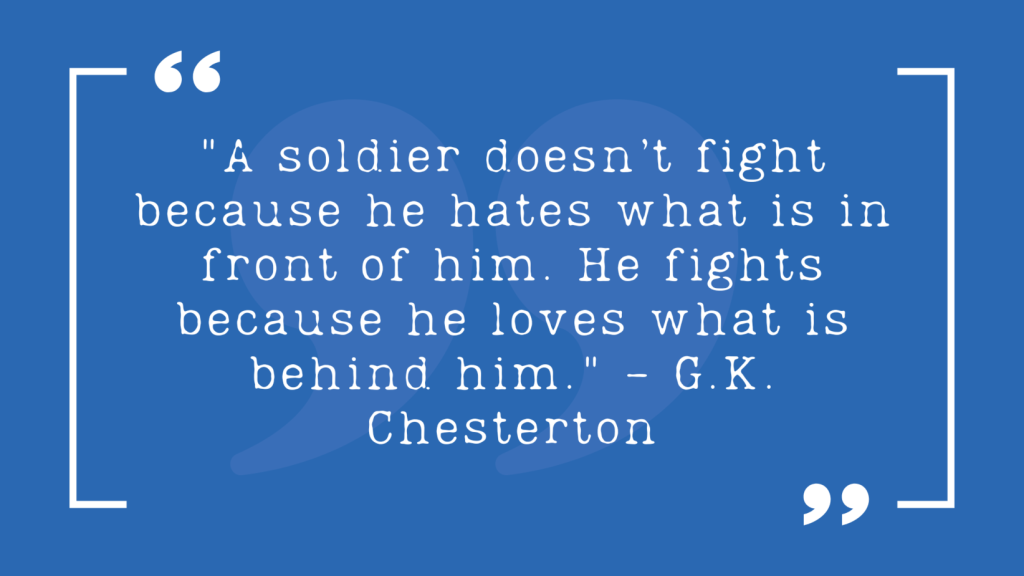This post may contain affiliate links. As an Amazon Associate I earn from qualifying purchases. If you click and buy, I may receive a small commission at no extra cost to you. Read our Disclosure Policy
There are so many benefits of journaling from improving your mental health to helping you smash your goals. Find out more about why you should take time to journal daily and some ideas to get you started.
Did you know that journaling on a regular basis has been shown to provide excellent life benefits
From helping you to achieve your goals to enhancing your writing skills, there are so many great reasons to keep a journal.
Journaling can be a therapeutic and productive way to work on personal growth.
If you’re interested in improving a particular aspect of your life, such as your relationship with yourself or another person, or skill, such as critical thinking or communication, journaling can greatly assist you.
Today we’re going to look more closely at the main benefits of journaling and share a handful of the different types of journals that are out there that you can begin keeping today.
Benefits of Journaling
Here are some of the benefits to keeping a journal.
Improves mental and physical health

During these challenging times, many of us are looking out for our friends and neighbors.
It’s important, however, not to forget to also prioritize our own mental and physical health.
Journaling is an excellent self-care practice that can help reduce stress and manage anxiety.
The physical health benefits of journaling are lesser known.
Research shows that expressive writing may help to improve various medical problems.
Individuals have reported improvements, such as improved immune system functioning and improved lung function, after engaging in expressive writing.
Heightens communication and writing skills

By frequently writing in a journal, you can improve the way you communicate both on paper and verbally.
Journaling is a great way to practice supporting an argument and boosting your vocabulary.
Boosts critical thinking skills

Reflective journaling in particular can help you problem solve.
Organizing your thoughts and thinking about your actions can help you uncover solutions to issues you’re having or think critically about how to solve a problem.
Improves memory

The act of writing actually helps you commit ideas and concepts to memory.
Enhances creativity

Keeping a journal can inspire you.
You are not limited to just writing, you can also doodle or draw.
This can help further boost your creative process.
You can also use a journal to jot down interesting thoughts and ideas you have throughout the day.
You can go back and revisit your notes and expand upon them to create something of substance.
Helps with goal achievement

If you take the time to write down a goal in your journal, it may help to make it feel more real.
You can also use your journal to carve out a specific plan for how to go about achieving something that is important to you.
You can include a timeline or even list of items that you’ll need to make sure you stay on track.
Drives self-confidence

Since keeping a journaling can help you manage your schedule and thoughts, it can leave you feeling more in control.
When you feel more in control of your life, you’re also more likely to feel more confident in yourself and your abilities.
Journals You Can Start Keeping
There is no right way to keep a journal, and it can be a very unique and personal experience. There are so many different types of journal you can keep.
The visual below from the University of St. Augustine for Health Sciences highlights various types of journal and offers compelling journal prompts to give you a place to start.
Here are some more articles you can read to find out about each of these journals in more detail:







